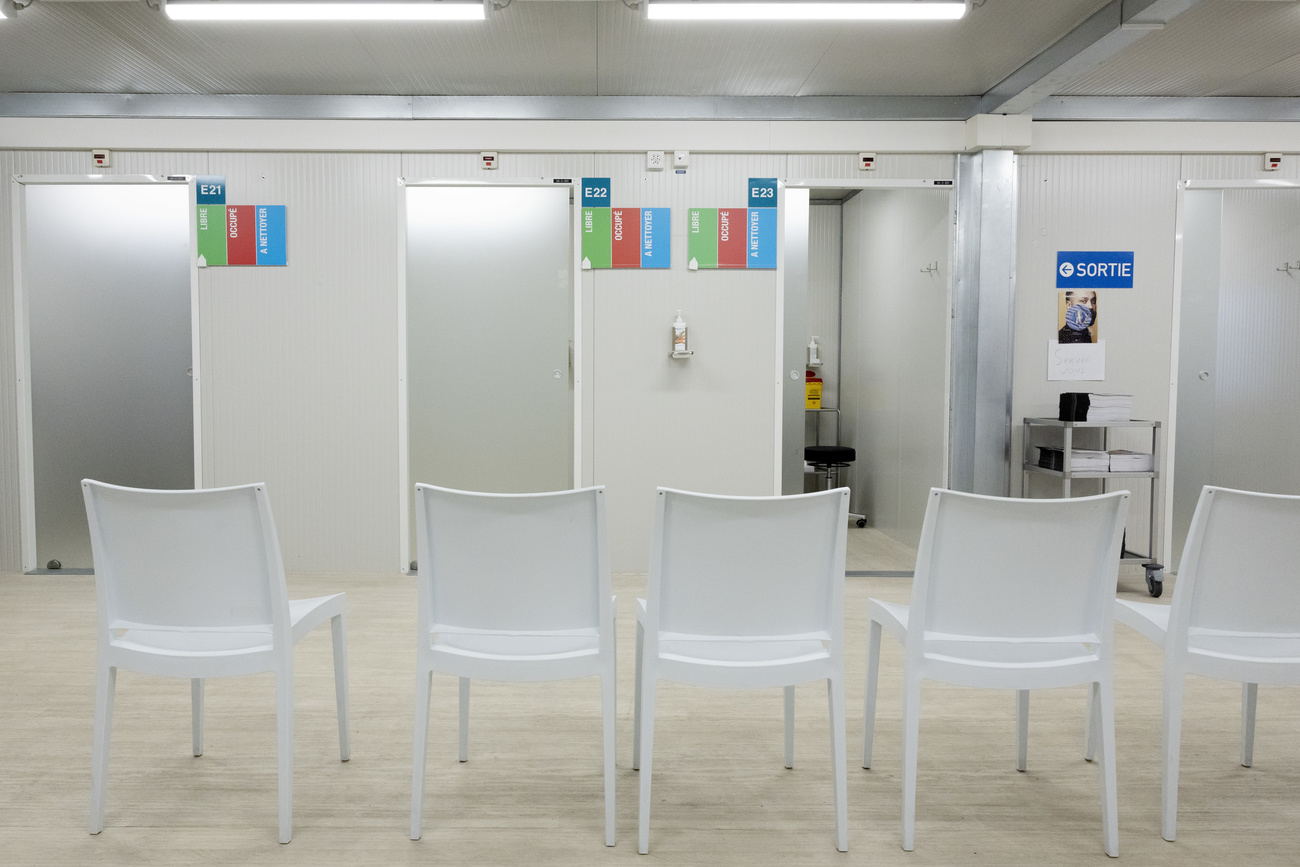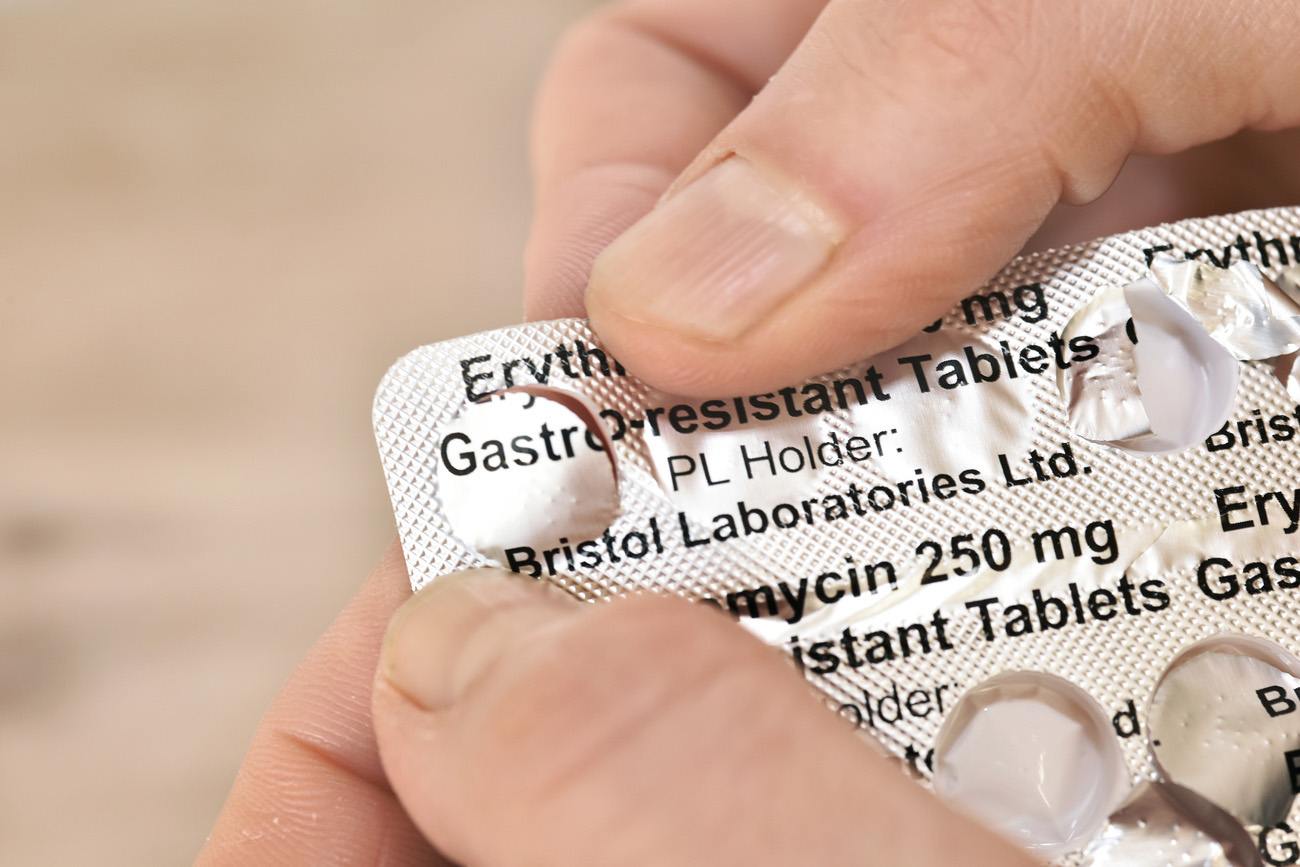

Switzerland Today
Greetings from Lausanne!
The Migros booze ban has been a top talking point in Switzerland these past few months. But anyone hoping for a change to be able to buy a few beers or a bottle of wine at their local Migros supermarket may be disappointed. It was an overwhelming ‘Nein’ today to selling alcohol at Switzerland’s biggest retailer.
I wonder what the supermarket chain's founder Gottlieb Duttweiler would have made of the whole strange affair – he apparently loved a drink and a smoke but introduced the booze ban in 1928 to promote public health, and for marketing reasons.
The reality is that Migros has been selling alcohol for years in Switzerland, just not in supermarkets. The Migros group currently offers alcohol in its subsidiaries Denner and migrolino, and at other outlets. Cheers.

In the news: Swiss air traffic, drone test flight, Morges jihadist and Ukrainian refugees.
- Air traffic is reportedly back to normal at Zurich and Geneva airports today following the air traffic control computer problem on Wednesday that caused officials to close airspace for several hours, creating havoc with flights and travel plans.
- The Swiss army has carried out the first successful test flight of an unmanned reconnaissance drone manufactured by Israel. The move comes after earlier controversy over the purchase of Israeli military technology.
- Federal prosecutors have filed an indictment against a 28-year-old Swiss–Turkish man who fatally stabbed a Portuguese man in the Swiss city of Morges in 2020 in a “jihadist–motivated” attack.
- Swiss cantons have so far handed out at least 1,500 work permits to the 57,000 refugees who have arrived from Ukraine since the start of the war. Ministers are meeting with employers and cantons to work out ways to increase the number of refugees joining the workforce.

Migros supermarkets to remain alcohol-free.
Voters at ten Migros regional cooperatives on Thursday decided overwhelmingly that Switzerland’s largest supermarket chain should not start selling alcohol, thus upholding the ban on alcohol sales its founder adopted when he set up the business.
The regional cooperatives in the wine-making regions of Ticino and Valais showed greatest support for lifting the ban (45% and 40% respectively). Migros Zurich and Migros Aare in Bern, on the other hand, voted 80% to keep it.
“The result is not surprising because all polls pointed to a clear ‘no’. The hurdle for a change in the statutes was very high with a two-thirds majority. Migros democracy won,” Ursula Nold, who chairs the Federation of Migros Cooperatives, said.
A booze ban has been in force at Migros since 1928, enshrined in the supermarket’s statutes in 1983. It was introduced by Migros founder Gottlieb Duttweiler, who in 1928 bought a struggling fruit juice factory on Lake Zurich as a new production centre and continued the previous owner’s commitment to promoting public health.
But it wasn’t all ideology – Duttweiler apparently loved a drink and a smoke. Buying the factory had put him in debt and he needed money. He gambled on cheap fruit juice, and it paid off.
Despite the vote, Migros has been selling alcohol for years, just not in supermarkets. The Migros group currently offers alcohol in its subsidiaries Denner and migrolino, its internet outlet leshop.ch, the Migrol petrol stations and the partner shops VOI.

Swiss National Bank raises interest rates in surprise move.
Stocks and government bond prices dropped on Thursday as Switzerland and the UK joined a global rush to raise interest rates, following a sharp boost to borrowing costs by the US central bank.
The Swiss franc meanwhile soared on Thursday after Switzerland’s central bank surprised many by raising interest rates for the first time in 15 years in a bid to prevent inflationary pressures on the Swiss economy.
The SNB said that its benchmark rate would rise from -0.75% to -0.25%. The hike was the first increase by the SNB since September 2007. Interest rates remain in negative territory – part of the SNB’s longstanding effort to keep control of the appreciation of the Swiss franc.
“The tighter monetary policy is aimed at preventing inflation from spreading more broadly to goods and services in Switzerland. It cannot be ruled out that further increases in the SNB policy rate will be necessary in the foreseeable future,” the central bank said.
The safe–haven franc’s overall strength has dampened the impact of inflation in Switzerland by reducing price rises for fuel and food imports.
The SNB said the overall economic outlook for Switzerland remained positive. It forecasts low unemployment, and a 2.5% rise in gross domestic product this year. The war in Ukraine and global energy crisis are unlikely to have a significant impact, it said. The SNB still expects the Swiss economy to grow by around 2.5% in 2022.
More

In compliance with the JTI standards
More: SWI swissinfo.ch certified by the Journalism Trust Initiative



































